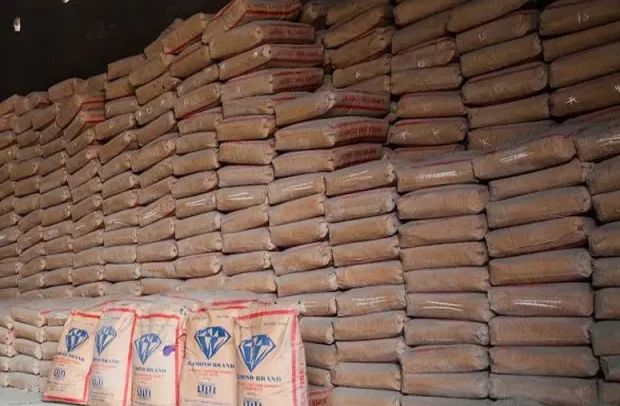The Chamber of Cement Manufacturers, Ghana (COCMAG) has raised serious concerns over the proposed Ghana Standards Authority (Pricing of Cement) Regulations, 2024 (L.I.).
According to the Chamber, the move by the Ghana Standards Authority (GSA) to ensure transparency in the industry is rather, a heavy-handed attempt at price control.
The Chamber, in a statement, indicated that regulations 3(4), 3(5), and 3(6) of the L.I. empower a government committee of scientists at the GSA to reject a cement producer’s reported price without explanation or a chance to appeal. “Furthermore, producers are prohibited from selling cement unless the committee approves their price. Non-compliance can lead to license suspension,” it stated.
The Chamber noted that while price transparency is a laudable goal, the proposed regulations raise concerns about who wields the price control power.
“The Price Control Committee (PCC) is composed primarily of six scientists, led by Prof. Alex Dodoo, a pharmacist. While their expertise in ensuring quality standards is undoubted, one wonders if a committee dominated by scientists possesses the nuanced understanding of market dynamics critical for setting a fair price for a complex commodity like cement. Can they effectively balance production costs, globally- and locally-traded inputs, and the long-term health of Ghana’s cement industry, better than the free market?” the statement queried.
COCMAG emphasised that these regulations were drafted without extensive consultation with industry players. “While some might suggest a meeting was planned, the facts paint a different picture. Cement companies were summoned via a last-minute WhatsApp message on a Sunday evening for a meeting the following morning, with no agenda provided. Upon arriving for the meeting, CEOs were surprised to find media present, raising concerns about transparency and potential media misrepresentation,” COCMAG indicated.
It said the cedi depreciation by 104% since 2022 has significantly increased production costs, with 77% of cement inputs being dollar-denominated. However, it added that the industry has stood by Ghanaians in this difficult period and only raised prices by 48% in the same period, absorbing a significant portion of the cost increases. “Without this absorption, the price of cement should have been $2.30/bag (GH¢35/bag) higher than it is,” it stressed.
COCMAG thus stressed that the minister’s actions are unfair and not in the best interests of Ghanaians, adding that, “While other sectors have experienced far higher price increases, the cement industry is being singled out for control. This approach could lead to reduced production and shortages, job losses, and discourage investment.”
COCMAG urged the government to reconsider this heavy-handed approach and engage in constructive dialogue with the industry. “Transparency in cost structure, a focus on long-term solutions like promoting local sourcing of raw materials, and open communication are key elements for ensuring a sustainable and affordable cement supply for Ghana,” it said.
A Daily Guide Report


